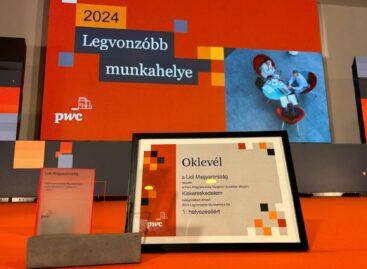The EKÁER system in practice
As of 1 March the Electronic Freight Goods Tracking System (EKÁER) has been operational. In the last days of February the legislators reworked the regulation, making changes based on the suggestions of market players. On the one hand, the new and improved version makes it more difficult to avoid using the system. On the other hand, the EKÁER rules on trading with so-called high-risk goods was simplified and new activities were added to the set of those exempt from having to use the system. Administration also became simpler, for instance as of 1 April in domestic transportation it is the buyer who asks for an EKÁER number – if he acts as the organiser of the transport. Although the new version of the regulation is simpler than the previous one, it still puts extra administrative burden on businesses. The biggest one is the application process for getting an EKÁER number. Lots of data are necessary for this and companies with many business transactions have to recruit new employees to do it or they need to install an automatic system. What’s good about the latter is that it only requires a one-time investment and the system will always work well, no matter if the number of EKÁER number applications grows to 100 or 1,000 transactions in a given period. PwC developed a fully automatic real-time application, which is capable of applying for and archiving several hundred EKÁER numbers for its user.
Related news
After a subdued year, the holiday season is strong
74% of online shoppers, around 3.1 million people, are preparing…
Read more >PwC: dramatic steps needed to meet climate targets
According to PwC’s recent Net Zero Economy Index report, the…
Read more >Lidl among retailers and Coca-Cola in the FMCG sector win Most Attractive Employer 2024
For the 8th time PwC Hungary has surveyed labour market preferences and…
Read more >Related news
Recognition of Consumer Protection Excellence: Honoring the Best of 2024
This year’s outstanding consumer protection officers and special award recipients…
Read more >KSH: industrial production decreased by 0.2 percent in October
In October, the volume of industrial production fell by 0.2…
Read more >Technological advancements and business travel
The latest research from International Workplace Group (IWG), the leading…
Read more >








